If you click on a link and make a purchase we may receive a small commission. Read our editorial policy.
The unanswered Star Wars questions left after Disney+ cancelation of The Acolyte season 2
The Star Wars show won't get a second season, leaving a lot of mysteries in a galaxy far, far away
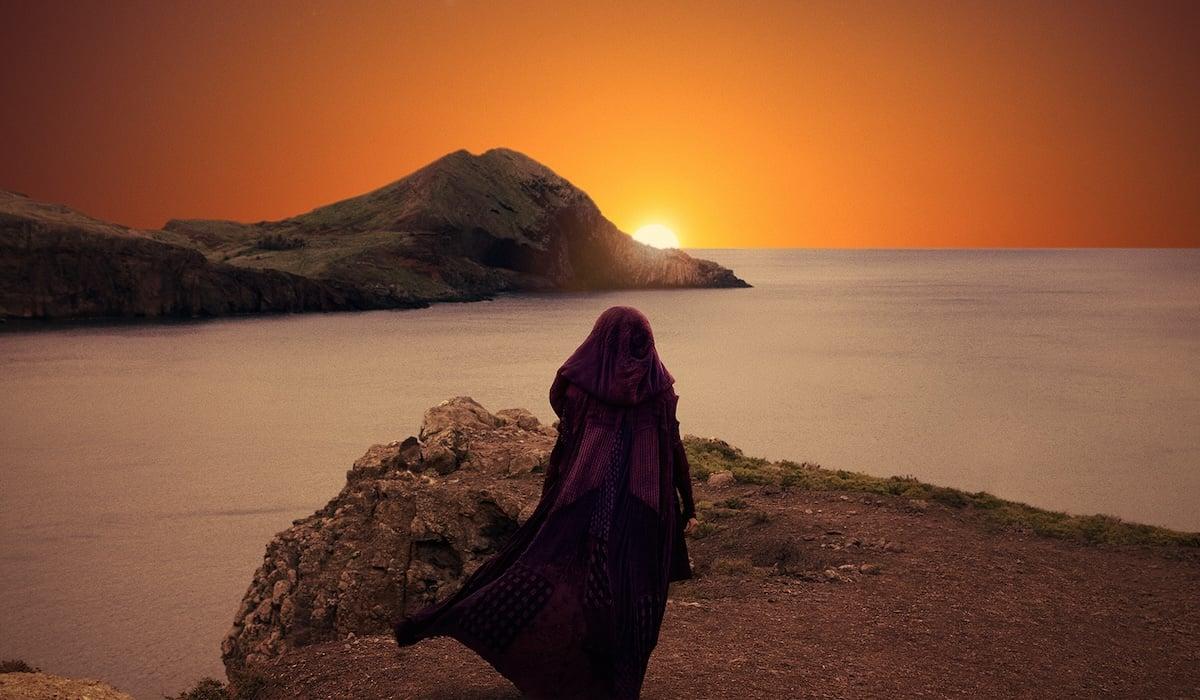
Popverse's top stories
- How Critical Role’s fan community helps Matthew Mercer remember a decade of storytelling
- Inside the "gutsy decision" by Marvel to kill the Ultimate Marvel imprint, and why they were worried continuing it would be wrong
- Every Final Fantasy game is different, but these are the things that always stay the same [Gamify My Life]
The news that Disney+ has canceled The Acolyte after its first season is bad news for fans who were enjoying the earliest canonical Star Wars story told onscreen — well, at least until James Mangold’s Origin of the Force movie, announced during 2023’s Star Wars Celebration. It’s also bad news for anyone who hoped to find out more about the history of the Sith, which looked like where the series was headed in its second season.
By the end of its first season, The Acolyte looked poised to become a different series moving forward. The core mysteries of the show to that point had been solved — in order, those were 'Who is responsible for the death of a number of Jedi and why?' which later became, 'What happened on Brendok 16 years ago that resulted in the death of Osha and Mae’s family and their being separated?' — but, as the result of the audience getting those answers, brand new questions had emerged: what was the Stranger’s true mission? What is his connection to the Jedi? And who, exactly, was that figure in the cave watching he and Osha from a distance…?
There was no shortage of speculation online after the final episode of the season — and now the series — that the figure the cave was, in fact, Darth Plagueis, a Sith Lord who has been referenced in Star Wars core canon in the past, but never-before-seen onscreen. Plagueis is, famously, the figure who trained Palpatine in the ways of the Dark Side, leading to the rise of the Emperor and the Galactic Empire; as such, he’s indirectly responsible for the core conflict that the entire Star Wars franchise is named after. He was first mentioned in 2005’s Star Wars: Episode III: Revenge of the Sith, but remained a purposeful enigma ever since, with Star Wars as a whole seemingly disinterested in exploring that element of its own mythology for whatever reason… until The Acolyte.
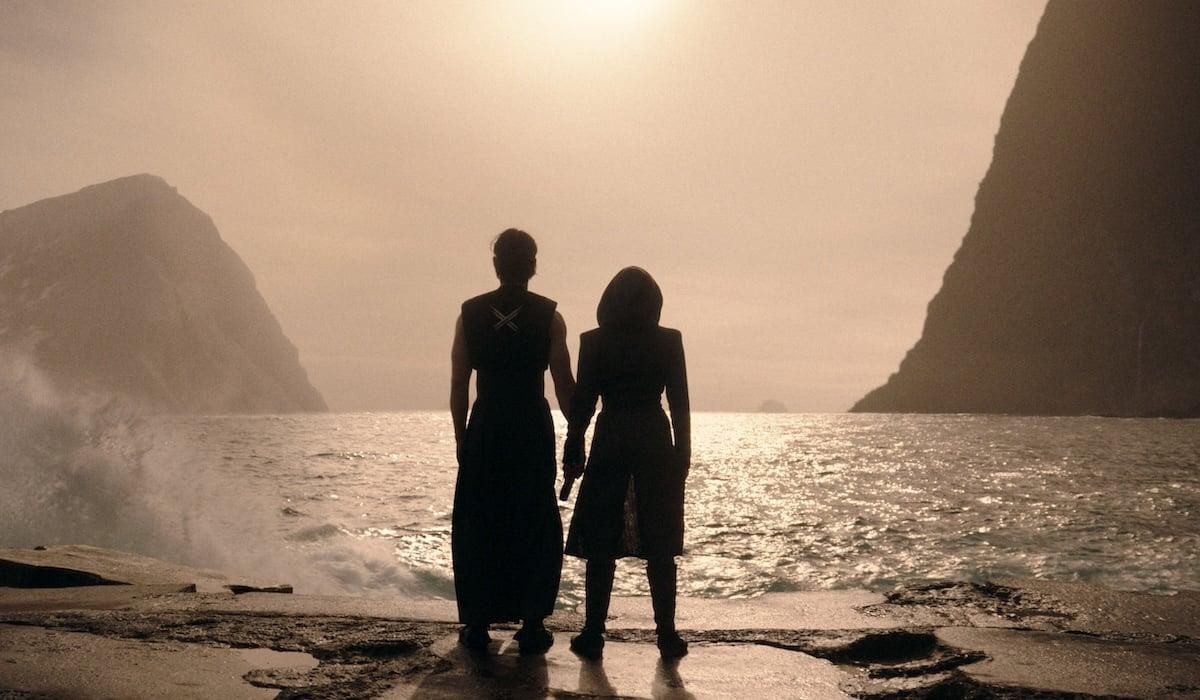
That The Acolyte was a series that was interested in humanizing the traditional villains of the franchise was obvious from its title alone, but initial trailers underscored that, with dialogue arguing that the Force is “not about good or bad… this is about power. And who can use it.” Rather than providing the cartoonish villains that are traditional in Star Wars lore, the Sith in The Acolyte are traumatized underdogs pushing against a restrictive authority that oppresses them and attempts to silence any opposition or criticism. They are, in other words, fulfilling the traditional role of the good guys in this storyline.
While there is no shortage of plot-related questions that will be left unanswered by the show’s cancellation — in addition to those above, there’s also the question of whatever happened to Osha and Mae, the twins seemingly created with the help of the Force, just as Anakin Skywalker would be years later but seemingly never referred to ever again, as well as the question of whether or not the repeated cover-up of what happened on Brendok by the Jedi has consequences further down the line — the biggest loss created by the cancellation of the series is the loss of this alternate point of view to the entire conflict, and the received wisdom of what the larger mythology of the series could mean.
What if The Force isn’t what Star Wars has previously claimed it to be? What if the Sith weren’t necessarily the bad guys the mythology has portrayed them as? The Acolyte looked poised to, if not answer those questions, then at least acknowledge them in future seasons, and now it’ll not have the chance. The franchise will be lesser for the lack of self-examination, I suspect, but perhaps that attitude is the result of one final question the show won’t ever get to answer: what if the show was an attempt to unpick the legend of the Jedi Knight, as if Darth Plagueis himself was telling it?
What if the title of the show didn’t ultimately refer to Osha, Mae, or any other character… but the audience member watching it?
Get to know, understand, and love the Star Wars franchise more with our Star Wars watch order, guide to all the upcoming Star Wars movies & TV shows, and all the Star Wars movies and Star Wars TV shows ranked.
Follow Popverse for upcoming event coverage and news
Find out how we conduct our review by reading our review policy
Let Popverse be your tour guide through the wilderness of pop culture
Sign in and let us help you find your new favorite thing.

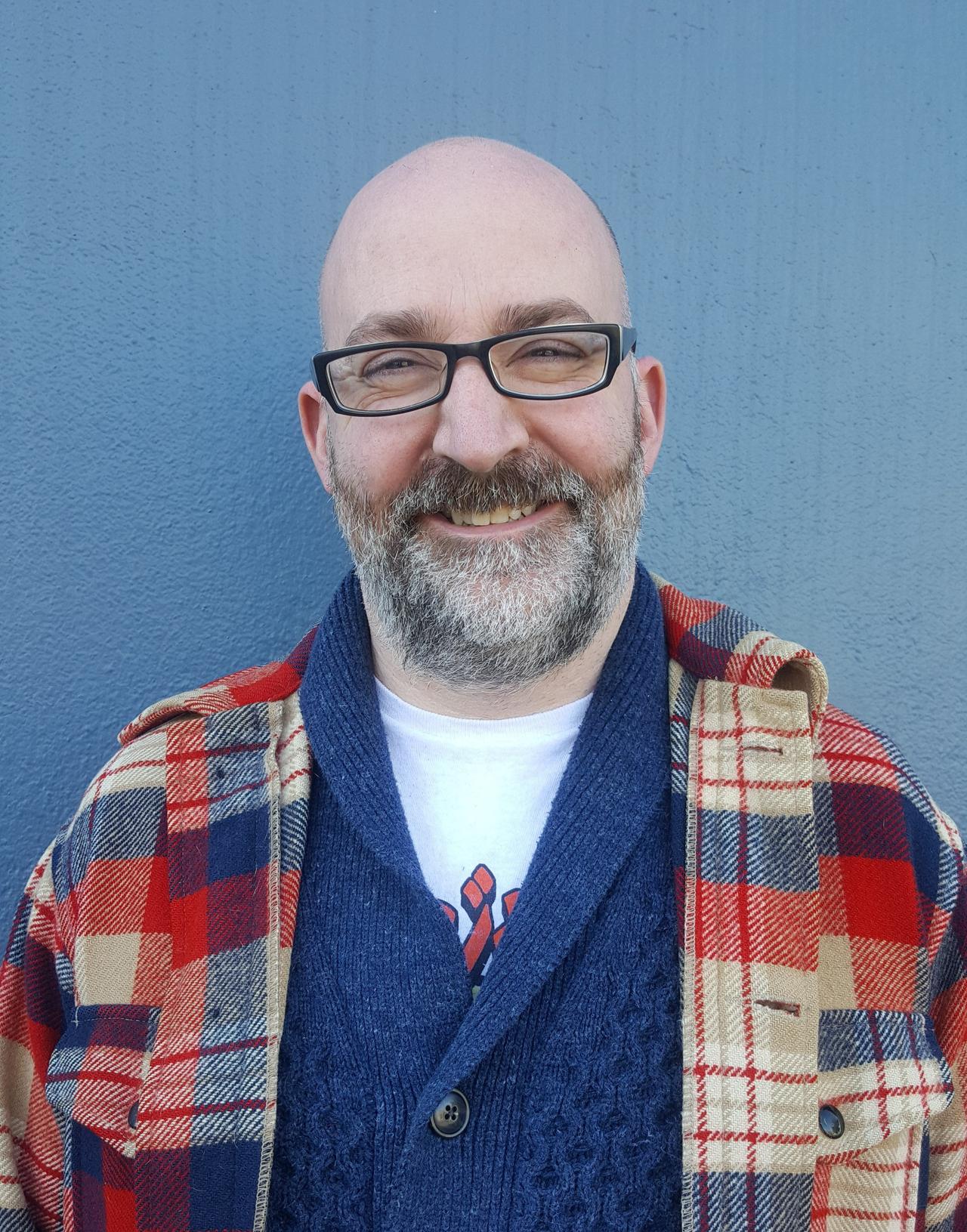
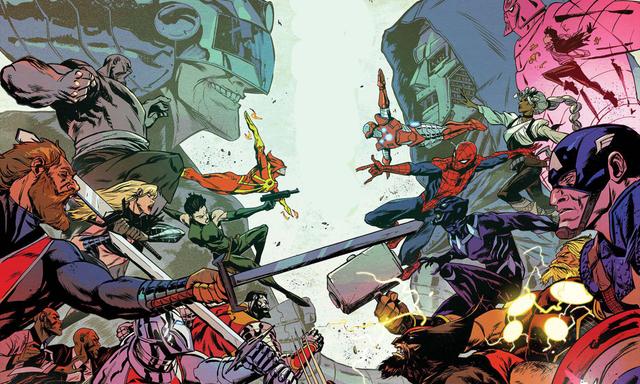
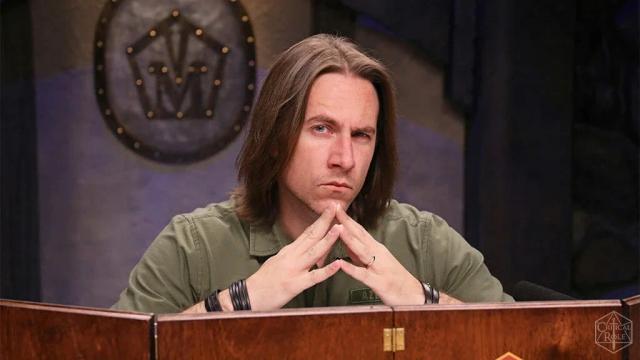

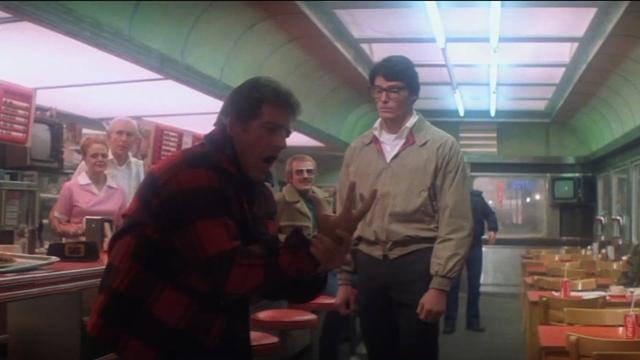
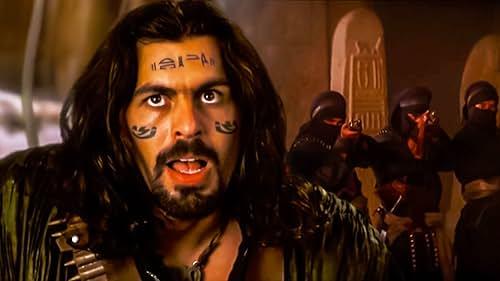
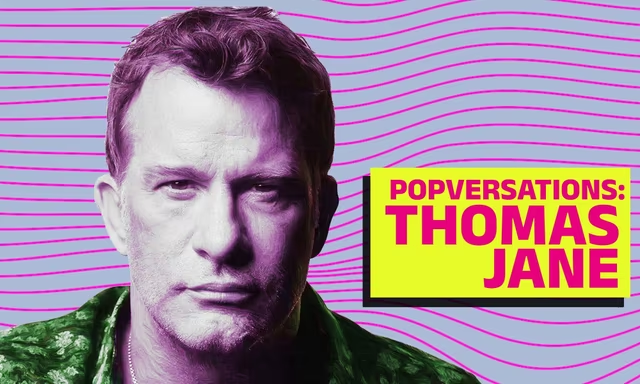
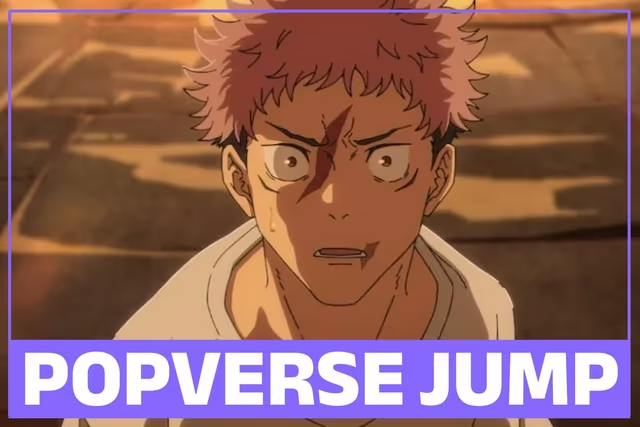
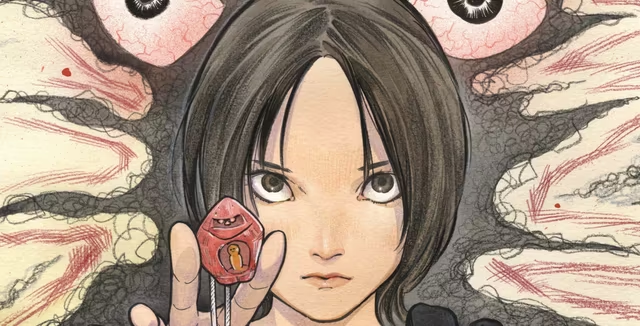





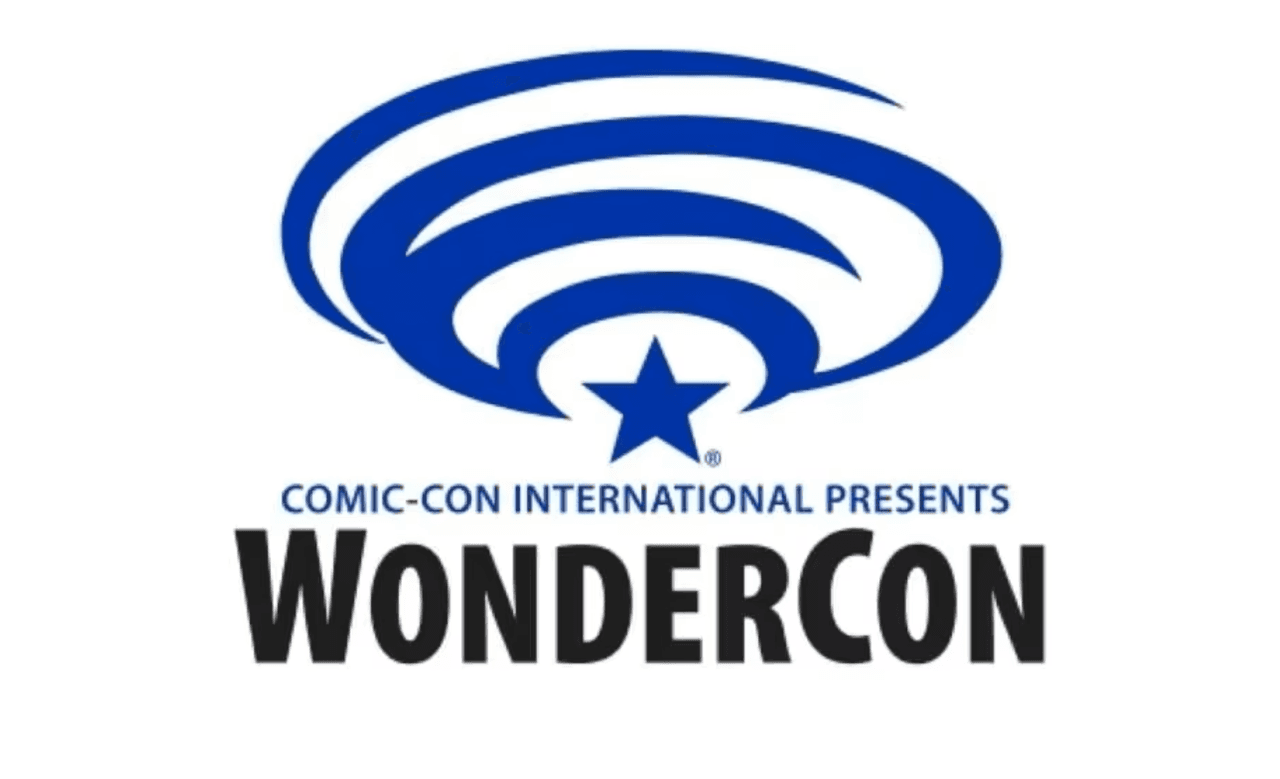
Comments
Want to join the discussion? Please activate your account first.
Visit Reedpop ID if you need to resend the confirmation email.